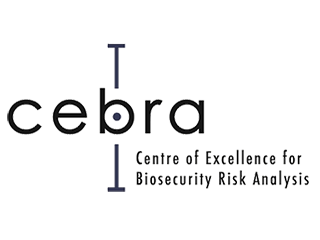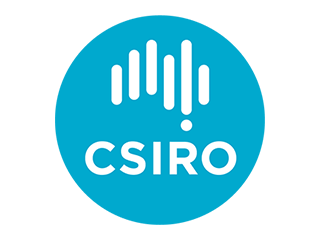Our governance
The EcoCommons governance group includes an Advisory Board, Program Governance Group, Technical Support Group and Scientific Advisory Committee.

Our structure
EcoCommons is a partnership between the NCRIS-funded Australian Research Data Commons (ARDC) and nine organisations: the Atlas of Living Australia (ALA), Centre of Excellence for Biosecurity Risk Analysis (CEBRA) at The University of Melbourne (UoM), Commonwealth Scientific Industrial Research Organisation (CSIRO) Land & Water, Griffith University, Macquarie University, Queensland Cyber Infrastructure Foundation (QCIF), Queensland Government, TERN, University of NSW, Sydney (UNSW Sydney). QCIF is the lead organisation for EcoCommons.
The EcoCommons Advisory Board (ECAB), Program Governance Group (PGG), Scientific Advisory Committee (SAC) and Technical Support Group (TSG), consisting of representatives from collaborating and partnering organisations play an important role in supporting our team and partners in the governance of EcoCommons.
EcoCommons
Advisory Board
Program
Governance Group
Scientific Advisory Committee
Technical
Support
Group
Program Manager
& Team
EcoCommons Advisory Board
The ECAB brings together champions from academia, government, industry or non-governmental sectors, to raise awareness and provide advocacy for EcoCommons and the research it supports across a wide range of forums. The ECAB is responsible for setting the long-term strategic direction for EcoCommons and related initiatives in accordance with EcoCommons’ mission and vision.
Chairs
- Greg Terrill
Independent - Robyn Cleland
Department of Agriculture, Water and Environment
Members
- Jeremy Black
Department of Planning, Industry and Environment, NSW - Bek Christensen
Ecological Society of Australia - Sally Cripps
University of Sydney - Aaron Dodd
CEBRA, at The University of Melbourne - Chris Gentle
Western Australia Biodiversity Science Institute - Andrew Gilbert
BioPlatforms Australia - Liana Joseph
Australian Wildlife Conservancy - Alexandros Papaspyridis
Microsoft - John Robertson
Department of Agriculture and Fisheries, QLD - Blaine Wentworth
Department of Agriculture, Water and the Environment
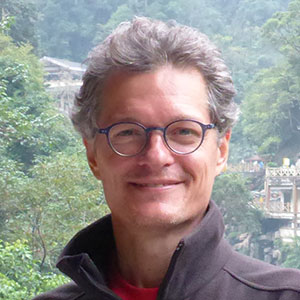
Greg Terrill
Independent
Greg Terrill is the Chair of the ECAB. He has held senior leadership roles in the federal environment department responsible for data, species and geospatial information, natural resource management, world heritage and climate change. He was CEO of the peak business advocacy group in Solomon Islands 2015-2016, and worked for the secretariat to the United Nations Framework Convention on Climate Change.
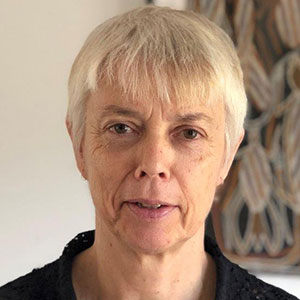
Robyn Cleland
Department of Agriculture,
Water and Environment
Dr Robyn Cleland is the Deputy Chair of the EcoCommons Advisory Board. She has held senior leadership roles in the Australian Public Service for more than a decade, working in policy, compliance and regulation across the agriculture, health and environment portfolios. She has shaped regulatory policy in biosecurity, environmental, chemical and biotechnology assessment and overseen compliance activities. Her scientific expertise spans biosecurity, plant health, biotechnology, food, ecology and agriculture. She has worked extensively with State and Territory jurisdictions across a number of national regulatory schemes.
Currently, Robyn is the Chief Environmental Biosecurity Officer in the Department of Agriculture, Water and the Environment. In this role she is responsible for strengthening Australia’s environmental biosecurity outcomes. As Chief Environmental Biosecurity Officer, she liaises between government and the community to raise awareness and build Australia’s capacity to manage biosecurity risks.

Jeremy Black
Department of Planning,
Industry and Environment, NSW
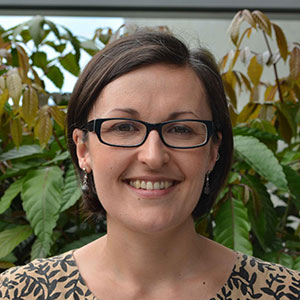
Bek Christensen
Ecological Society of Australia
Bek is Programs Director of the Peter Cullen Water and Environment Trust, and President of the Ecological Society of Australia. Bek has shaped her career around enabling impact from science, facilitating collaborations, and capacity-building. She has worked in ecosystem research, policy and communication across university, NGO, and government sectors, including leadership of major national initiatives in collaborative research infrastructure.
Bek is passionate about building bridges between groups of people to enable collective impact. She is a champion of collaborative research infrastructure, recognising the impact and value that come from these investments. She is a member of; the ECAB, the ALA and an Honorary Fellow of TERN. She also serves on the STEM Sector Policy Committee of Science and Technology Australia, the peak body for science in Australia.
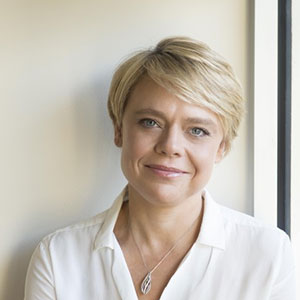
Sally Cripps
University of Sydney
Sally Cripps is an internationally recognised scholar and Professor in Bayesian statistics, a Professor of Maths and Statistics at the University of Sydney and Director of the ARC Centre in Data Analytics for Resources and Environments (DARE Centre). She holds a Bachelor’s in Chemical Engineering from the University of Sydney, an MBA from the University of Western Australia and a PhD in statistics from the University of NSW, Sydney. She is Chair of the International Society for Bayesian Analysis’s section Bayesian Education and Research in Practice. Sally’s research focus is in developing new and novel probabilistic models, motivated by the need to solve an applied problem with the potential for impact. She has expertise in the use of mixture models for complex phenomenon, modelling longitudinal data, nonparametric regression, the spectral analysis of time series, and the construction of transitions kernels in MCMC schemes which efficiently explore posterior distributions of interest.
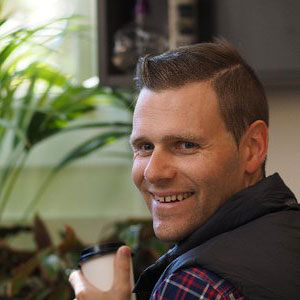
Aaron Dodd
CEBRA, at The University of Melbourne
Dr. Aaron Dodd is Deputy Director of the Centre of Excellence for Biosecurity Risk Analysis (CEBRA), at The University of Melbourne (UoM). He is a leading biosecurity risk analyst currently working on methods for estimating the effectiveness of biosecurity controls at the system-scale. Trained as an ecologist, and with extensive experience in government and regulatory environments, Aaron brings an interdisciplinary lens to operational service design.
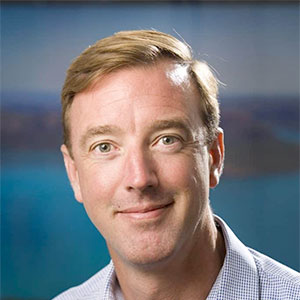
Chris Gentle
Western Australia Biodiversity Science Institute
Chris Gentle is the Program Director of Biodiversity Data and Information Management at the Western Australian Biodiversity Science Institute (WABSI). Chris has over twenty years’ experience consulting at a strategic level within the information management industry for natural resources and government sectors. He has specialised knowledge in developing and implementing location-intelligence strategies and leading ICT strategy and implementation planning for resource infrastructure capital projects. Chris has a focus on customer outcomes with his multidisciplinary expertise gained through years of working in the data management and systems as well as the engineering services industry. Chris holds a Bachelor of Science from The University of Western Australia, a Graduate Diploma in Technology Management and a Master of Business Administration from La Trobe University.
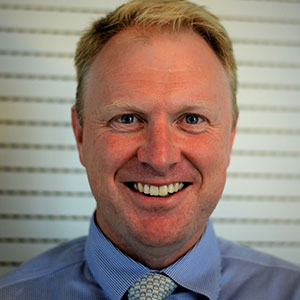
Andrew Gilbert
BioPlatforms Australia
Andrew Gilbert is the CEO of Bioplatforms Australia, oversees a national research infrastructure investment in the discovery sciences of genomics, proteomics and metabolomics and the delivery of digital solutions to assist with data management, sharing and analysis. With 17 investments across Australia, Andrew has an extensive network of contacts from Commonwealth and State Governments, along with prominent universities, medical and agricultural research institutes and commercial entities. In addition to managing the national infrastructure network, Andrew has catalysed the formation of a series of strategic national scientific collaborations, including wheat productivity and quality, Great Barrier Reef genomic surveying, wine characterisation and development, native fauna sequencing and melanoma biology. Each of these projects is by design multi-disciplinary, multi-institutional and contain both discovery implications and pathways to end use. Innovation is inherent in both the model of collaboration and the environment created to foster excellent science and application to national challenges.
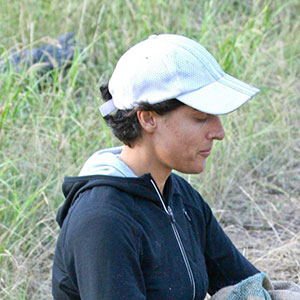
Liana Joseph
Australian Wildlife Conservancy
Dr Liana Joseph is passionate about nature conservation and evidence-based solutions to the biodiversity extinction crisis. She currently works for the Australian Wildlife Conservancy (AWC) where she is employed as their National Science Manager. In this role, she manages eleven ecologists who collectively provide science support to AWC’s regional science programs, as well as to other areas of AWC including the Executive, Operations, Development, and Legal teams. This includes support in the following areas: Ecohealth planning and reporting, strategy development, translocation coordination, botany, GIS, data management, and carbon accounting. Prior to joining AWC, Liana led the Threatened Species Partnership’s team within the Threatened Species Unit of the Queensland Government, she was a David H. Smith Conservation Research Fellow at the Wildlife Conservation Society, New York, and completed her PhD on Threatened Species Management with Hugh Possingham at the University of Queensland.
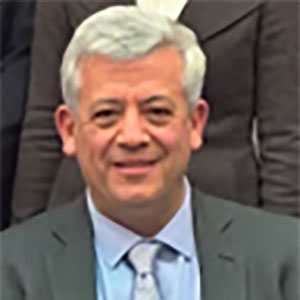
Alexandros Papaspyridis
Microsoft
Dr. Alexandros Papaspyridis is the Higher Education Director for Asia-Pacific Japan at Microsoft. His focus is Digital Transformation of Higher Education teaching, learning, and research through the use of cloud and Artificial Intelligence (AI) technologies, as well as by establishing industry-academia partnerships. Alexandros holds a PhD in Electronics Engineering, a Master’s in Management, and a Bachelor’s in Electrical Engineering from the Imperial College London (ICL). He has been with Microsoft since 2008, holding various leadership positions in Central and Eastern Europe, Middle East & Africa and Asia-Pacific Japan. Prior to Microsoft, he worked in Information Technology and telecommunication companies and founded two startups. He is a member of the; ECAB; Phaistos 5G Venture Capital in Greece; Centre on AI Technology for Humankind at the National University of Singapore, Business School; and Department of Computing and Department of Electrical Engineering at the ICL.
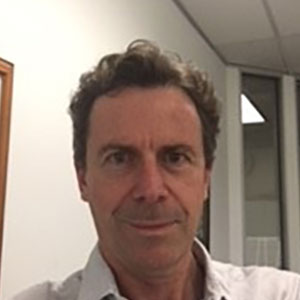
John Robertson
Department of Agriculture
and Fisheries, QLD
Dr. John Robertson is the General Manager of the Invasive Species Program, Biosecurity Queensland in the Department of Agriculture and Fisheries. John has been in this role for seven years, having come from a background ranging from overseeing large operational and research programs, to developing strategic partnerships across a range of primary industries and natural resource management settings. John has worked over the last 30 years in both government and private industry and has always shown strong interest in evaluating potential management outcomes using the best available information and applying such learnings through good policy and strong stakeholder partnerships. John is a strong supporter of working collaboratively with others to tackle biosecurity issues. He maintains that the government has an important role to play in leading and enabling initiatives that prevent and mitigate biosecurity threats. John has qualifications in science, resource economics and business management.
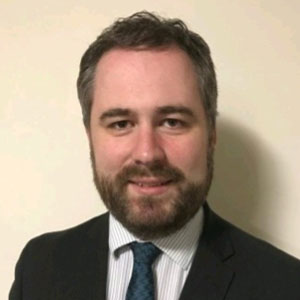
Blaine Wentworth
Department of Agriculture,
Water and the Environment
Blaine Wentworth is the Director of Biosecurity System Modelling at the Department of Agriculture, Water and the Environment. For the last 12 years he has held policy, regulatory and analytical roles across the Australian Public Service, including in the Agriculture, Energy, Water, Environment, and Prime Minister and Cabinet portfolios.
Blaine is focused on improving public policy through better use of data and analytics and working with state, territory and local governments, communities, experts and industry to develop collaborative, implementable solutions.
Program Governance Group
The PGG is made up of representatives from contributing organisations who oversee the governance and work of our program team. The PGG guides the system development needs of the program and ensures the implementation of EcoCommons is in line with the vision and mission and strategic direction set by the ECAB.
Chairs
- Andre Zerger
Atlas of Living Australia - Steve Bishop
Griffith University
Members
- Sach Jayasinghe
Queensland Cyber Infrastructure Foundation - Linda Beaumont
Macquarie University - Rob Clemens
Biosecurity Commons - Shawn Laffan
University of NSW, Sydney - Brendan Mackey
Griffith University - Beryl Morris
TERN - Kerry Levett
Australian Research Data Commons
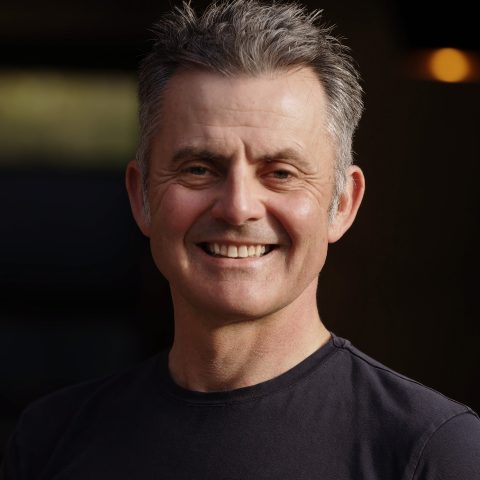
Andre Zerger
Atlas of Living Australia
Andre Zerger is the Director of the Atlas of Living Australia, a National Collaborative Research Infrastructure facility hosted by CSIRO. He has expertise in ecological modelling, environmental data systems, open data, IT program delivery and governance.
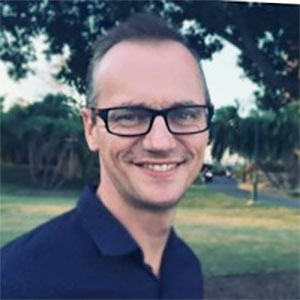
Steve Bishop
Griffith University
Steve Bishop is the IT Director at Griffith University Operations delivering transformational IT capability. With a broad technology foundation, he is a strategic IT leader and trusted advisor who works with business executives to leverage IT investment to their benefit. He has in-depth consulting and operational management experience, managing large and diverse teams with operational budgets of ~$10m+, and concurrent capital works budgets $10m – $30m+. Steve is a professional manager with technical background covering a broad array of application architectures, implementations and technologies. He has experience in applications and Project Management for both small and large scale implementation projects, managing > 100 consultants, budget of > AUD$30 million. He has represented his organisation on various executive councils and boards as appropriate and is very capable of operating at all levels of the organisation.
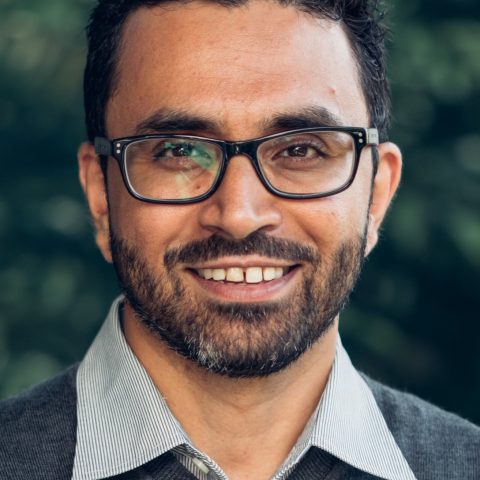
Sach Jayasinghe
Queensland Cyber
Infrastructure Foundation
Sach Jayasinghe is the Chief Executive Officer of the Queensland Cyber Infrastructure Foundation (QCIF). QCIF provides digital research infrastructure to all Queensland universities and several national clients.
Concurrently Sach has two adjunct academic appointments. In his capacity as Adjunct Professor (Research Infrastructure) for the University of Queensland, he works with partners to uplift the State’s research infrastructure and leverage technology capabilities in establishing new industries such as synthetic biology and clean energy. As Associate (Research Infrastructure) of the Queensland University of Technology (QUT), he leads the Australian Research Data Common’s Platform project in delivering the Australian Digital Observatory.
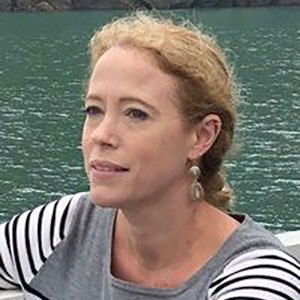
Linda Beaumont
(Co-Chair) – Macquarie University
Linda Beaumont is an Associate Professor within the Department of Biological Sciences at Macquarie University and is a Co-Chair of EcoCommons’ SAC. Linda has research expertise in Global Change Ecology, Species Distribution Models, climate change and biodiversity conservation and invasive species.
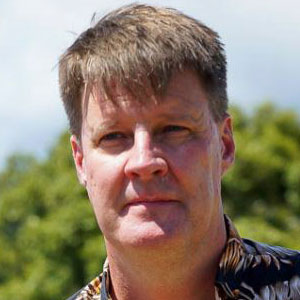
Rob Clemens
Biosecurity Commons
Rob is the Project Manager at Biosecurity Commons. He is an ecologist with experience in ornithology and spatial modelling. He earned a PhD at UQ and has worked on shorebird, and raptor research projects.
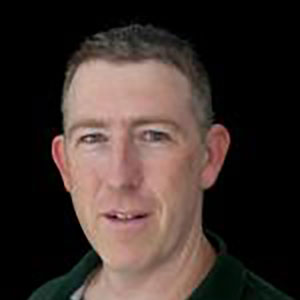
Shawn Laffan
University of NSW, Sydney
Shawn is a Professor at University of NSW, Sydney with interests in geographic information systems, geospatial analysis and geocomputation. These are applied across a broad spectrum of application domains, including terrain analysis, veterinary epidemiology, urban expansion and biodiversity. A key focus is the development of free and open source tools, primarily through Shawn’s Biodiverse software. He was also a founding member of the BCCVL and the ecocloud project, both of which are core parts of the EcoCommons platform.
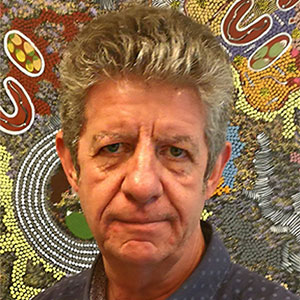
Brendan Mackey
Griffith University
Brendan is Director of the Griffith Climate Change Response Program and is a Co-Chair of EcoCommons’ SAC. Brendan’s research is Ecosystem-based adaptation and mitigation, climate change and biodiversity conservation, ecosystem mapping and forest ecology.
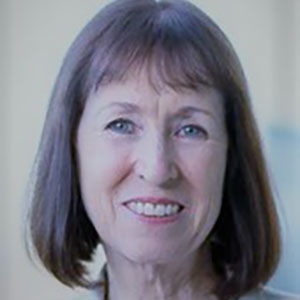
Beryl Morris
TERN
Dr Beryl Morris is the Director of TERN. Beryl has a background as a former R&D sector CEO and Director of listed and unlisted companies in both the not-for-profit and private sectors. She is a Fellow of each of the Australian Institute of Company Directors, the Australian Institute of Management and the Royal Entomological Society of London, as well as a Member of the Public Relations Institute of Australia. Her postgraduate qualifications are spread across science, management and education, and she has a broad background in successfully funding and commercialising technology from the biotechnology and life science fields, as well as science communication. Beryl has worked in CSIRO, museums, companies and universities, and maintains an active teaching and research profile in forensic entomology.
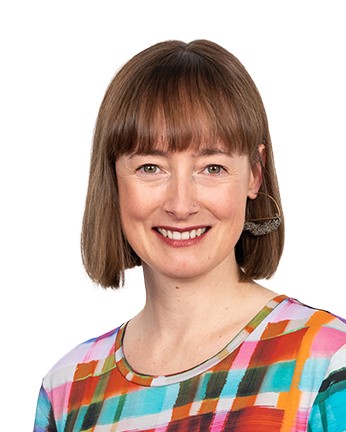
Kerry Levett
Australian Research Data Commons
Kerry Levett is the Solution Architect – Planet RDC, for the Australian Research Data Commons. She has a varied research and applied science background, across the fields of terrestrial and freshwater ecology, groundwater and water recycling. She has worked in research data management and digital research infrastructure for nearly a decade, and works to bridge the gap between the users and the builders of infrastructure to create platforms and services that will transform research.
Technical Support Group
The TSG is a small informal group of Technical Leads from our partner organisations tasked to provide advice on the platform’s technical architecture. They also provide insights on current and emerging issues affecting the maintenance, development and improvement of the platform’s components, software tools and services.
Members
- Rob Cosgrove
Biosecurity Commons - Jan Hettenhausen
Griffith University - Indianna Rapsey
Griffith University - Nick dos Remedios
Atlas of Living Australia - Jonathan Smillie
Australian Research Data Commons - Afnan Bashir
EcoCommons - Gerhard Weis
TERN
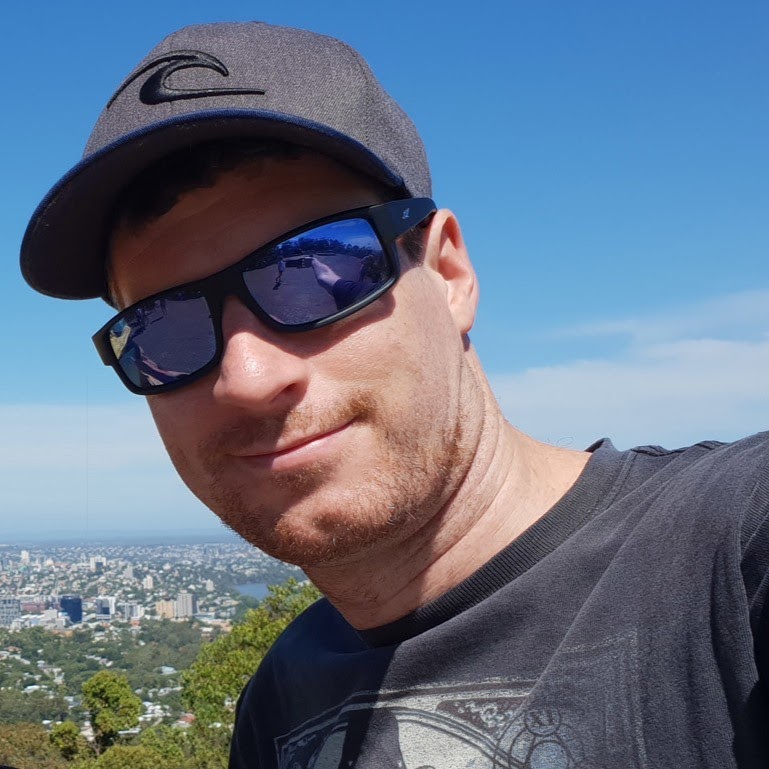
Rob Cosgrove
Biosecurity Commons
Rob is a Senior Development Engineer and technical lead of the Biosecurity Commons project. He has extensive experience developing specialized software in higher education and research, having worked for over 13 years in Griffith Health and a range of other disciplines at Griffith University.
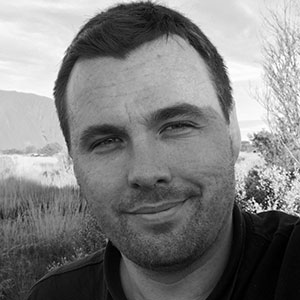
Jan Hettenhausen
Griffith University
Jan is the Tech Lead and software developer in the eResearch & Specialised Platforms team at Griffith University. In his 8 years in the eResearch team he has worked on a range of bespoke research applications and national platforms and is a vocal advocate of continuous delivery and DevOps. Besides supporting research, he has also authored and co-authored a number of conference and journal papers.
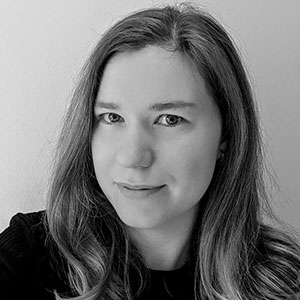
Indianna Rapsey
Griffith University
Indianna is the Head of Digital Trust at Griffith University. She is an experienced cybersecurity manager with a diverse portfolio working in a variety of industries for the past 11 years including mining, financial services and higher education. Skilled in active cyber defence and threat management with leading multi-disciplinary teams and strategic delivery. She has an interest in growing awareness and understanding of security and privacy principles that further the advancement of business and technology needs.
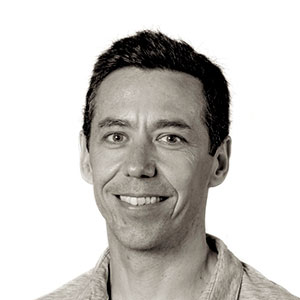
Nick dos Remedios
Atlas of Living Australia
Nick dos Remedios is a Software Developer and team lead with the ALA project at CSIRO and is responsible for systems and infrastructure. He’s been with the ALA since its inception in 2008 and prior to that worked for the non-profit research organisation, CAMBIA. He started his software development career in the airline industry in the late nineties and before that worked as a scientist in the area of evolutionary immunology, where he obtained his PhD.

Jonathan Smillie
Australian Research Data Commons
Jon is a technical systems analyst with the ARDC, working across the ARDC’s investments in Platforms and National Data Assets. He has a technical background in eResearch spanning more than 25 years, including development, analysis, systems administration and technical management
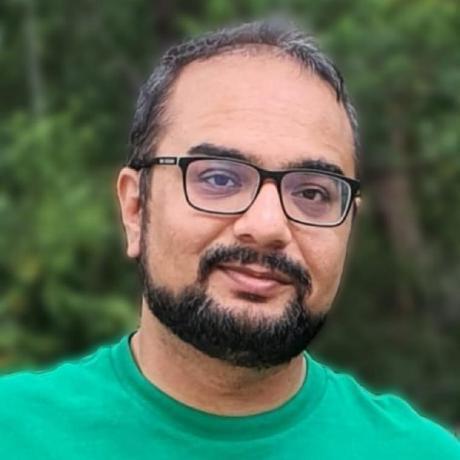
Afnan Bashir
EcoCommons
Afnan is a multidisciplinary researcher with a background in computational physics and computer science. As the senior development engineer and technical lead at EcoCommons he looks after the development team, platform architecture, and integration. Afnan completed his PhD in computer science at UniSc with a special interest in Human Computer Interaction. He has been working in the professional IT industry for over 13 years. Afnan has worked on research project for UniSc, Moreton bay council and sunshine coast council.
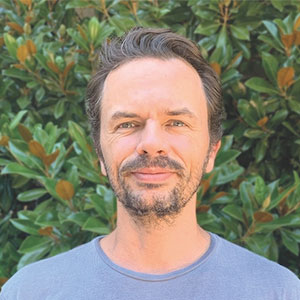
Gerhard Weis
TERN
Gerhard is Solutions Architect at TERN and leads the development team delivering TERNs data services and infrastructure. Over the last 10 years, he has worked on a range of institutional and national projects to bring data services and analytical platforms to the wider research community.
Scientific Advisory Committee
The SAC provides scientific advice to EcoCommons on innovations, techniques and industry best practice, as it relates to the design and implementation of the platform’s functionality, workflows, data and models. The combined expertise of the SAC ensures that EcoCommons delivers a scientifically robust and trusted platform for the future needs of Australian practitioners and researchers.
Chairs
- Linda Beaumont
Macquarie University - Brendan Mackey
Griffith University
Members
- Natalie Briscoe
The University of Melbourne - John Baumgartner
Centre of Excellence for Biosecurity Risk Analysis (CEBRA), University of Melbourne - Shawn Laffan
University of NSW, Sydney - Sama Low-Choy
Griffith University - Sally O’Neil
TERN - Rowan Trebilco
CSIRO (Oceans & Atmosphere) - Martin Westgate
Atlas of Living Australia - Kristen Williams
CSIRO Land & Water - Chris Brown
University of Tasmania

Linda Beaumont
Macquarie University
Linda Beaumont is an Associate Professor within the Department of Biological Sciences at Macquarie University and is a Co-Chair of EcoCommons’ SAC. Linda has research expertise in Global Change Ecology, Species Distribution Models, climate change and biodiversity conservation and invasive species.

Brendan Mackey
Griffith University
Brendan is Director of the Griffith Climate Change Response Program and is a Co-Chair of EcoCommons’ SAC. Brendan’s research is Ecosystem-based adaptation and mitigation, climate change and biodiversity conservation, ecosystem mapping and forest ecology.
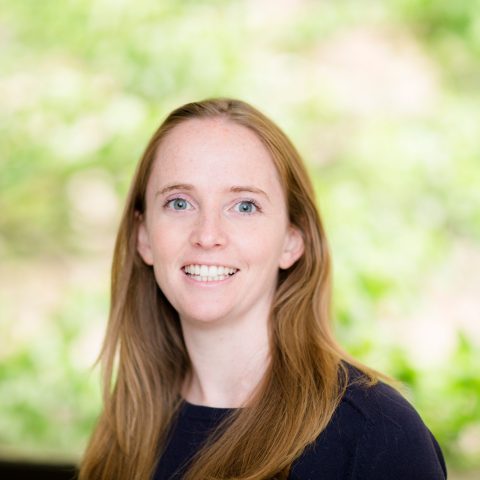
Natalie Briscoe
The University of Melbourne
Natalie is a research fellow at the University of Melbourne. Her research focuses on understanding and predicting species’ range dynamics, including under environmental change. She has expertise in a range of statistical and mechanistic modelling approaches, including models that explicitly incorporate information on species physiology and demography.
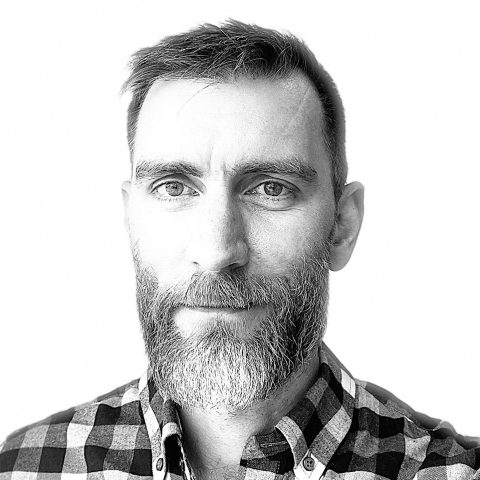
John Baumgartner
Centre of Excellence for Biosecurity Risk Analysis (CEBRA), University of Melbourne
John Baumgartner is a scientific programmer at the University of Melbourne’s Centre of Excellence for Biosecurity Risk Analysis (CEBRA). John has a background in ecology and habitat suitability modelling, and spends much of his time developing software tools to address research questions related to biosecurity.

Shawn Laffan
University of NSW, Sydney
Shawn is a Professor at University of NSW, Sydney with interests in geographic information systems, geospatial analysis and geocomputation. These are applied across a broad spectrum of application domains, including terrain analysis, veterinary epidemiology, urban expansion and biodiversity. A key focus is the development of free and open source tools, primarily through Shawn’s Biodiverse software. He was also a founding member of the BCCVL and the ecocloud project, both of which are core parts of the EcoCommons platform.
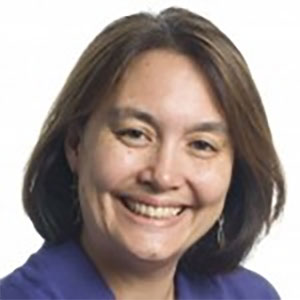
Sama Low-Choy
Griffith University
Sama is Senior Statistician at Griffith University. She balances advising, collaboration and training in statistical and allied research methods, working with researchers and HDR candidates, across many disciplines. As convenor of stats and mixed methods workshops and other training events delivered via the Office of Research, she has developed a program of over 70 events and 20 presenters annually. Her primary research interests include finessing or tailoring the application or methodology/computation of statistical models.
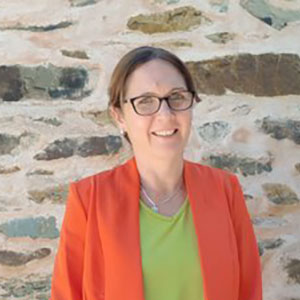
Sally O’Neil
TERN
Sally works with the TERN Ecosystem Surveillance platform based at The University of Adelaide. She has a keen interest in developing ecological field survey protocols that enable consistent, comparable data sharing across a broad range of programs, jurisdictions and ecosystems to inform management of natural resources.
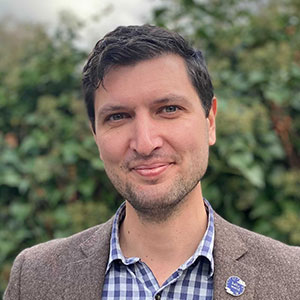
Martin Westgate
Atlas of Living Australia
Martin Westgate is a Science Advisor for the ALA and a visiting Fellow at the Fenner School of Environment & Society at the Australian National University. His research focuses on how scientific information can be used to understand and mitigate human impacts on the environment, via a combination of empirical ecology and evidence synthesis. Martin is also a Scientific Software Developer.
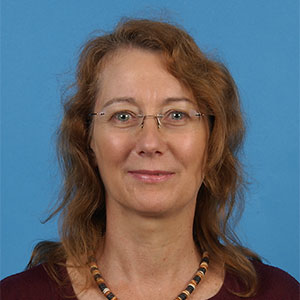
Kristen Williams
CSIRO Land & Water
Kristen Williams is a Principal Research Scientist at CSIRO Land & Water. As an Ecological Geographer, she specialises in the integration of ecosystem and landscape sciences through multi-disciplinary team collaborations to generate data and knowledge products informing systems of ecologically sustainable land management. Her broad background includes theoretical and quantitative plant ecology with disciplinary expertise in field botanical survey, vegetation mapping, spatial ecological modelling and biodiversity conservation planning.
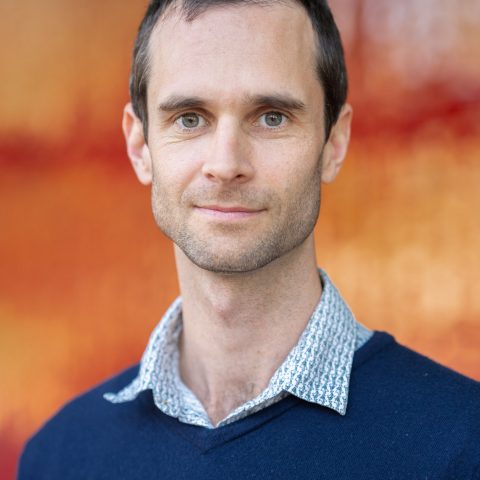
Chris Brown
University of Tasmania
Chris is an Associate Professor at the University of Tasmania and an Australian Research Council Future Fellow. Chris and his team in the Global Wetlands Project work on the conservation of coastal ecosystems. His team uses advances in statistical modelling approaches to synthesize ecological data and inform environmental decision making.
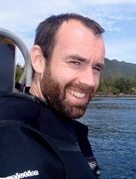
Rowan Trebilco
CSIRO
Rowan is a Team Leader in the Coasts & Ocean Research Program with CSIRO Oceans & Atmosphere, and he co-leads the Environmental Change and Adaptation research theme in the Centre for Marine Socioecology at the University of Tasmania. His research is focused on assessing status, trends, risks and opportunities for marine social-ecological systems and on developing strategies for climate change adaptation. He has worked in Australia, Europe and America across ecosystem assessment, theoretical ecosystem ecology, statistical and mechanistic modelling, fisheries and natural resource management, and applications of biochemical tracers to quantify trophic linkages, including several years of fieldwork above and below temperate, tropical, and Southern oceans.
Our partners
-

-

- EcoCommons Australia received investment (https://doi.org/10.47486/PL108) from the Australian Research Data Commons (ARDC). The ARDC is funded by the National Collaborative Research Infrastructure Strategy (NCRIS).

